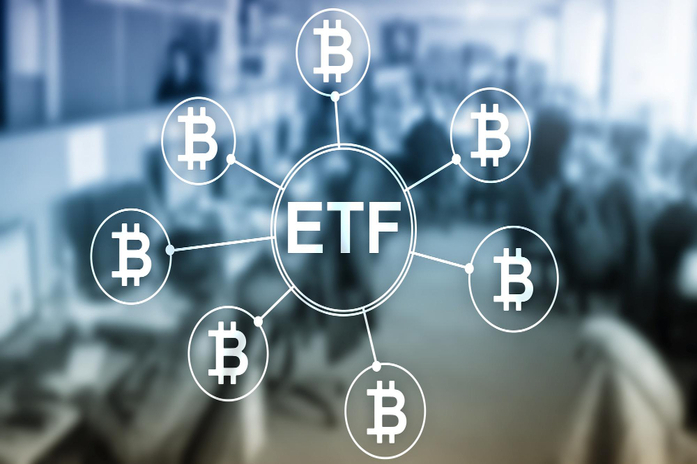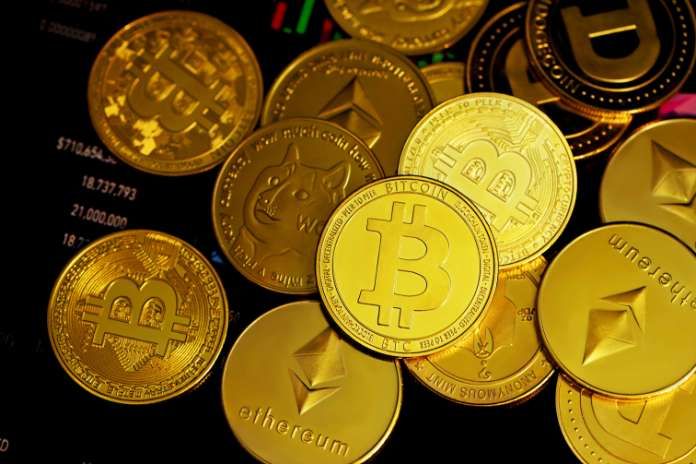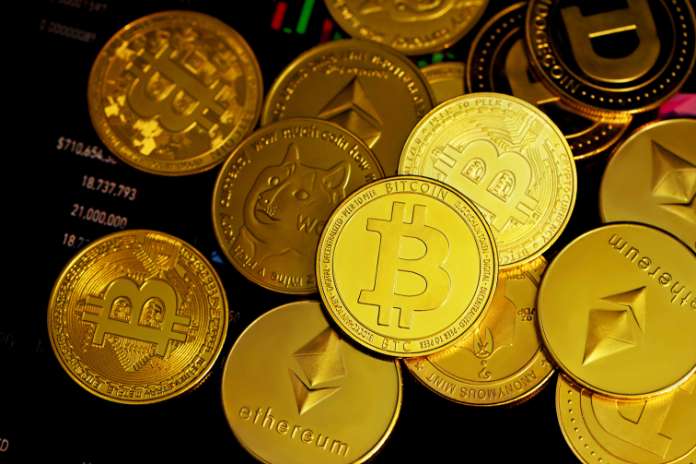Bitcoin ETFs: A Milestone and Room to Join the Rally
This post was originally published on this site

Bitcoin exchange-traded funds (ETFs) have hit a significant milestone, surpassing $100 billion in assets under management (AUM) within a year of their debut. As the price of bitcoin (BTC) soared past $100,000 following President-elect Donald Trump’s victory, the demand for bitcoin ETFs has skyrocketed. Crypto enthusiasts and analysts believe there’s still plenty of opportunity to capitalize on the ongoing rally.
Bitcoin ETFs Break Records
The rapid growth of bitcoin ETFs highlights their popularity among individual and institutional investors. According to Brian Hartigan, global head of ETFs and index investments at Invesco, these funds offer distinct advantages.
“It’s liquid, it’s regulated, and it provides a much-needed intermediary vehicle for institutional investors to access digital coins,” Hartigan said in an interview with CNBC’s ETF Edge.
The combination of accessibility, transparency, and regulatory oversight has made bitcoin ETFs an appealing choice for those looking to invest in the crypto space without directly holding bitcoin.
Trump’s Election: A Game Changer for Bitcoin
The recent U.S. presidential election has had a profound impact on the cryptocurrency market. Bitcoin prices have surged more than 10% in the past month, crossing the $100,000 mark for the first time. Nate Geraci, president of The ETF Store, attributes this rally to a shifting regulatory landscape fueled by President-elect Trump’s pro-crypto policies.
“The regulatory environment has turned much more positive,” Geraci noted. “Investors, especially advisors and institutions, now have greater confidence to enter the crypto arena.”
Trump’s appointments have further boosted optimism. Billionaire David Sacks, a vocal bitcoin advocate, has been tapped as the administration’s artificial intelligence and crypto czar. Additionally, Trump plans to nominate Paul Atkins as the next U.S. Securities and Exchange Commission (SEC) chair, a move expected to promote crypto-friendly regulations.
Why Bitcoin ETFs Are Thriving
The success of bitcoin ETFs is tied to several key factors:
Regulatory Clarity: Pro-crypto policies and clear regulatory frameworks have encouraged institutional participation.
Ease of Access: ETFs offer a simple way for investors to gain exposure to bitcoin without dealing with the complexities of wallets and exchanges.
Liquidity and Transparency: As a regulated vehicle, bitcoin ETFs provide liquidity and a transparent investment structure.
Hartigan believes the future is bright for the asset class. “We hope to see new ideas and opportunities emerge, whether it’s reserves, access points, or additional liquidity vehicles,” he said.
What’s Next for Bitcoin ETFs?
Analysts expect the proliferation of bitcoin ETFs to continue in 2025 and beyond. The increasing variety of products may cater to different investor needs, from spot-based ETFs to funds focusing on reserves or derivatives.
As demand grows, some predict that bitcoin ETFs could become a staple in diversified investment portfolios, much like traditional equity or bond ETFs.
Is It Too Late to Join the Bitcoin ETF Rally?
Despite their impressive growth, analysts suggest there’s still time to benefit from bitcoin ETFs. The regulatory tailwinds, coupled with increasing institutional adoption, indicate further potential for expansion.
Geraci remains optimistic: “The demand for crypto ETFs is not slowing down, and the opportunities for innovation in this space are immense.”
However, potential investors should remain cautious. Bitcoin prices are notoriously volatile, and the rapid growth of ETFs means that thorough research is essential before committing to these products.
Conclusion: A Transformative Moment for Bitcoin ETFs
The milestone of $100 billion in AUM marks a transformative moment for bitcoin ETFs. With a favorable regulatory environment, surging demand, and increasing institutional participation, the future of these funds looks promising.
For investors, the rally offers an opportunity to gain exposure to bitcoin through a regulated and accessible vehicle. As the crypto market evolves, bitcoin ETFs could play a central role in bridging traditional finance and the digital asset ecosystem.
Now is the time to consider whether bitcoin ETFs align with your investment strategy, as the window to join the rally remains open.
Featured Image: Freepik





